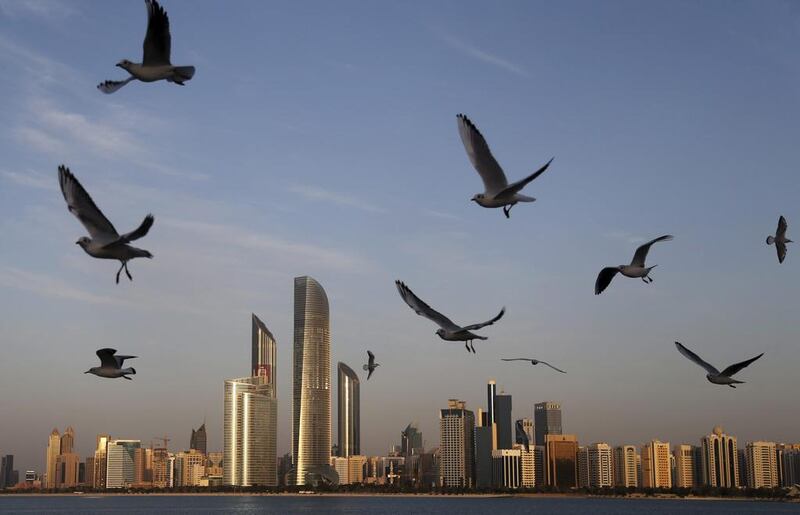The National had a look at what US$40,000 (Dh146,916) a year would get you in terms of renting an flat in major cities.
Zurich in Switzerland came out as the city in which you could end up in the smallest flat – with a 807-square-foot historic flat close to the Zurcher Bahnhofstrasse taking up your annual budget.
In London, your money could get you a 850 sq ft flat in a secondary prime area such as Bayswater, Earls Court, Hampstead Heath, Notting Hill, Marylebone, Regent’s Park, Pimlico, South Kensington or St John’s Wood.
In the United States, a budget of $3,333 a month would get you a one-bedroom flat in Manhattan or prime areas in San Francisco.
In Paris, you could rent a 1,000 sq ft flat on the Rue Du Pont Aux Choux in the city’s Third Arrondissement.
In Dubai, Abu Dhabi and Doha, Dh146,916 could get you a two-bedroom flat.
In Abu Dhabi, you could get a two-bedroom flat of up to 1,400 sq ft in the Raha Beach neighbourhood or a two or three bedroom flat on Reem Island – although it would also pay for a much larger flat or villa in cheaper locations such as Khalifa City A.
At the other end of the scale, Cape Town was where $40,000 a year would get you the most for your money, renting a 3,000 sq ft house in areas such as Bakoven, Bantry Bay, Camps Bay, Clifton, Fresnaye, Green Point, Mouille Point, Hout Bay, Waterfront, and City Bowl.
So, why is it that, despite their small population sizes, GCC cities are relatively expensive to rent?
Analysts pointed to the fact that cities in the region typically have a large number of expatriates who are often in receipt of generous housing allowances, which pushes up the prices of the most desirable properties.
“In terms of the rental costs, my view would be that as a proportion of population, the expat and corporate relocation market would be larger in Dubai, Abu Dhabi and Doha than in cities such as New York and London,” said Kate Everett Allen, a partner in international residential research at Knight Frank.
However, analysts also said that this sort of snapshot of properties available in various world cities was not a definitive study, and property rents within each city vary greatly depending on location and condition of each property as well as the amenities available.
Secondly, the type of housing stock also makes a difference to the size of flats available within each price band. This means our budget may well rent a much smaller flat in Zurich than other major world cities because the city’s housing stock is typically older and smaller.
Currency fluctuations may also play a part, with the value of sterling down nearly 20 per cent against the US dollar since the Brexit vote and the Swiss franc holding strong against most other currencies.
Arlene Jimenea, a senior research analyst at CBRE Middle East, said there was a variety of properties on offer within the same price bands.
“For roughly Dh147,000, tenants could get a two-bedroom flat in central locations in Abu Dhabi, including newly completed developments in investment zones [eg: Reem Island and Al Raha Beach],” she said.
However, residents willing to go out to locations such as Khalifa City or Mohammed Bin Zayed City, could get a three-bedroom flat for the same amount.
“In Doha, residents willing to pay $40,000 a year could likely get a two-bedroom flat in prime locations such as the Pearl Qatar, West Bay and Diplomatic Areas,” she said.
“But for the same price, housing options expand to include relatively larger units in communities on the periphery of the city.”
lbarnard@thenational.ae
Follow The National's Business section on Twitter






